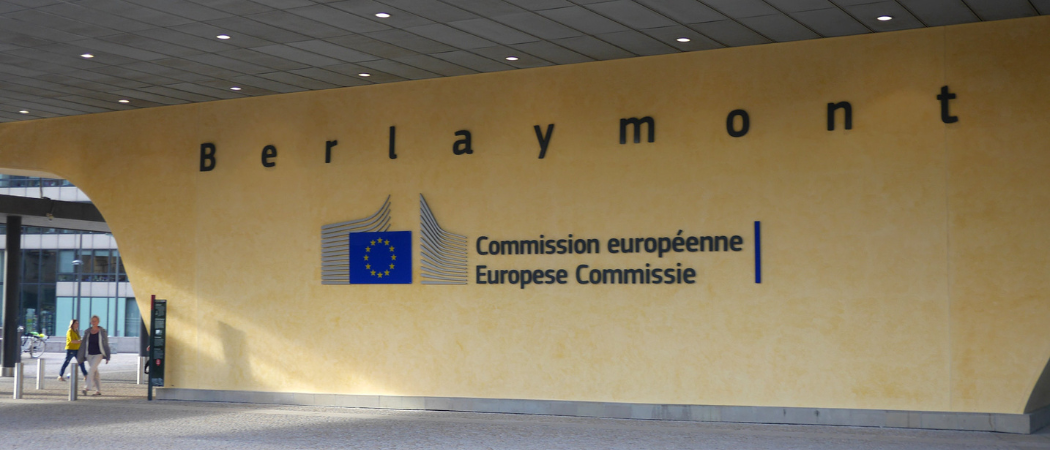In a win for transparency, plans for EU research calls will now be made available to all throughout the months-long drafting process

Photo credits: LIBER Europe / Flickr
The European Commission will make Horizon Europe work programmes drafts publicly available to all researchers during the drafting process this year.
“The Commission is committed to making the work programme even more transparent and accessible to all stakeholders,” confirmed Commission spokesman Thomas Regnier. “This is why draft versions of the work programme 2026-27 are being made public and accessible through the comitology register.”
This is a significant, much-awaited win for transparency in EU research. “We have been calling for more transparency around draft work programmes for a long time, so we really welcome this move,” said Kamila Kozirog, deputy director of research and innovation at the European University Association.
The work programmes, which detail Horizon calls for proposals, their scope and budgets, take months to draft and involve extensive consultations with policymakers, stakeholders and member state officials. During this process, thousands of pages of these draft documents leak from the Commission, most often into the hands of those closest to the policymaking process.
This creates inequalities, as those with early access have more time to assemble consortia and prepare winning proposals for Horizon funding.
Sebastian Claus, team lead for EU project management at KoWi, Germany's information hub for European research funding, welcomed the move as a step towards more transparency and equal opportunity.
“Those who have information about the calls for proposals and their topics in advance therefore have a clear advantage and have more time to prepare a good application than others,” he told Science|Business.
Christine Balch, head of European affairs at TNO, the Netherlands’ applied research organisation, said the early publication of draft programmes may even lead to better quality proposals.
Communicating plans early “gives them more time to find the right expertise, the right partners, industry, especially SMEs. This can only be beneficial for the quality of the proposal, the project and eventually increase the impact of the research,” she said.
All drafts will be made available on the Commission’s comitology register. Even so, they are difficult to find, since they are filed under meeting documents for the various Horizon programme committees. To find them, enter “Programme Committee for the specific programme implementing Horizon Europe - the Framework Programme for Research and Innovation” in the search bar. With a bit of looking, the drafts can be found in the meeting notes of the various committees. For example, here is the latest draft for Cluster 4, and here you can find the draft for Cluster 5.
Horizon papers
Science|Business has long maintained that the Commission should be transparent about the work programme drafting process and publish the draft documents for all to access as they become available.
The Commission, on the other hand, argued that the drafts were subject to changes and therefore could not be shared publicly in order not to mislead researchers.
But keeping the drafts confidential just gave a leg up to a selected group of institutes and universities closest to Brussels decisionmakers.
This is why Science|Business had been publishing leaked drafts, sent to us confidentially by our readers, on our Horizon papers page since 2021.
Science|Business co-founder and associate editor, Richard L. Hudson, explained why sharing these drafts publicly is essential to ensuring fair play in European research in this 2021 opinion article.
From now on, Horizon will be more transparent, but Science|Business will not abandon its mission to bring all draft Horizon work programmes together in a single access point on our Horizon papers page.
We will also continue to analyse the novelties, quirks and particularities of the work programmes for Horizon Europe, and other R&D intensive EU programmes.





 A unique international forum for public research organisations and companies to connect their external engagement with strategic interests around their R&D system.
A unique international forum for public research organisations and companies to connect their external engagement with strategic interests around their R&D system.